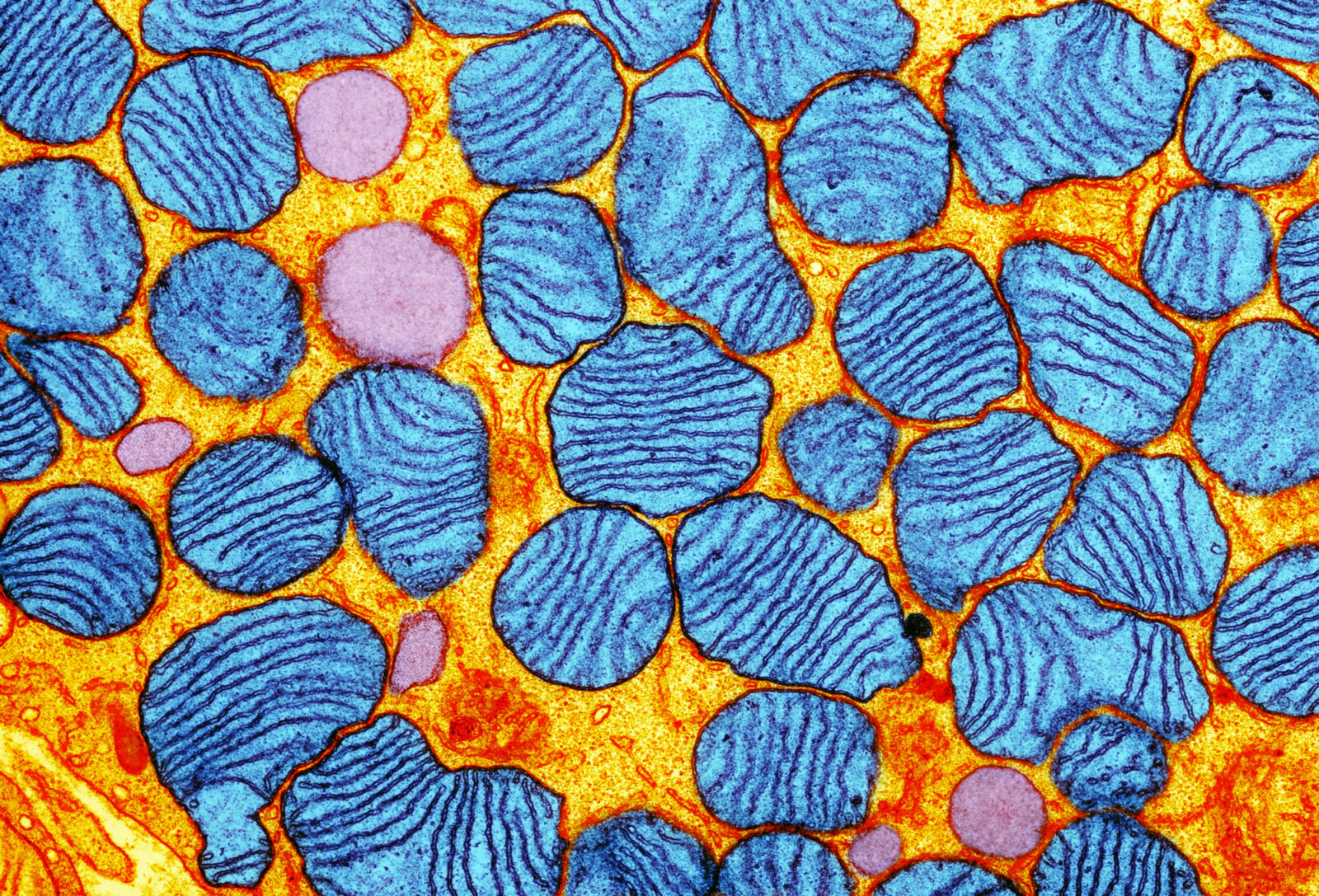
Introduction
In the quest for a healthier lifestyle, understanding the intricacies of our cellular functions is crucial. One key player in this biological orchestra is the mitochondria, often called the cell’s powerhouse. To comprehend their significance, it’s essential to explore the concept of free radicals, where they come from, and how mitochondria work synergistically to maintain our well-being. In this blog, we’ll delve into the science behind these processes and explore evidence-based solutions to optimize our cellular health.
Free Radicals: Unveiling the Culprits
Free radicals are highly reactive molecules that possess unpaired electrons. This makes them unstable and prone to stealing electrons from nearby molecules, causing cellular damage in the process. Sources of free radicals are diverse and include environmental factors such as pollution, radiation, and cigarette smoke. Additionally, our bodies produce free radicals during metabolic processes and immune responses.
Mitochondria: The Powerhouse Unveiled
Mitochondria are double-membraned organelles within our cells responsible for producing energy in the form of adenosine triphosphate (ATP) through cellular respiration. This intricate mechanism involves the consumption of oxygen and the breakdown of nutrients, primarily glucose, to generate energy. Notably, mitochondria are both a source and a target of free radicals, emphasizing their dual role in cellular health.
Mitochondrial Dysfunction and Free Radicals
While mitochondria play a pivotal role in energy production, they are susceptible to damage caused by free radicals. This oxidative stress can compromise the efficiency of mitochondrial function, leading to a cascade of negative effects on cellular health. Over time, this damage contributes to aging and the development of various chronic diseases, including neurodegenerative disorders, cardiovascular diseases, and cancer.
Lifestyle Factors: Nurturing or Harming Mitochondrial Function
Several lifestyle factors significantly impact mitochondrial health. Regular exercise, a balanced diet rich in antioxidants, and adequate sleep promote optimal mitochondrial function. Conversely, a sedentary lifestyle, poor dietary choices, and chronic stress contribute to mitochondrial dysfunction and the increased production of free radicals.
Unlock this free article
To continue reading this article please register with your email
Be your own best doctor with our comprehensive suite of online health coaching tools.
